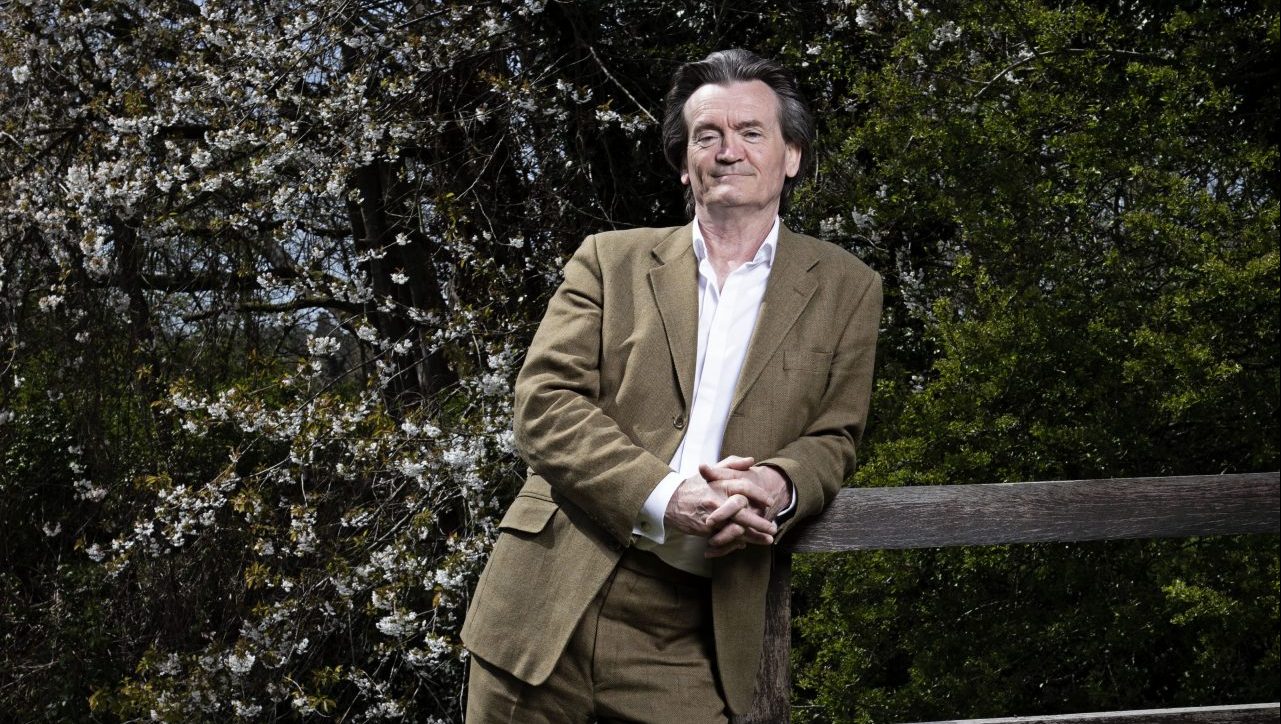In his opening remarks before last week’s preview of the Doctor Who Christmas special at the British Film Institute, Tim Davie, the BBC’s director-general, made an astute point about the beloved 60-year-old science fiction series. Namely, that it encapsulates much that is best about this country.
As anyone who loves the show knows, it is joyously, eccentrically British; but also tolerant, open, global and (by definition, I suppose) universal. I wouldn’t dream of spoiling the story of The Church on Ruby Road, which you can see at 5.55pm on BBC1 on Christmas Day. Suffice it to say that Ncuti Gatwa, the Fifteenth Doctor, has epic star quality and promises to fill the role with distinction; and that Millie Gibson as Ruby Sunday looks set to be an excellent companion, as the duo set off on their adventures in the Tardis.
What struck me most was the sheer energy, brio and excitement in the auditorium after the screening. It was as though, in microcosm, these 55 minutes of world-class entertainment had reminded us all that we still do many things brilliantly, confidently and with generosity of spirit; that Britain does not have to be mean-spirited, or shambolic, or grimly nationalistic. There is, in other words, no inevitability in our present predicament or the undoubted bleakness of the political and social landscape as 2023 draws to a close.
In which context, it is worth mentioning that the 31-year-old Gatwa was born in Rwanda, from which his family fled during the genocide of the Tutsi in 1994, making a new life in Edinburgh and then Dunfermline. In November, the Supreme Court ruled that the government’s plan to deport hundreds of asylum seekers to the country of his birth is both unlawful and unsafe.
Yet it remains Rishi Sunak’s obsession to pursue this dreadful strategy by any means necessary. If the BFI preview dramatised some of the best impulses, talents and traditions of this country, the spectacle last week of the Conservative Party tearing itself to pieces over the new Rwanda bill epitomised some of its very worst.
Yes, Sunak managed to force the legislation through its second reading – avoiding what would have been the first such loss since 1986. But the idea, spun hard by his allies, that this represented a reassertion of his authority is ludicrous.
The right of the party, now coalesced in the so-called Five Families, has made clear that it will press for harsher amendments in the New Year and a further weakening of the UK’s international legal obligations. Meanwhile, the capitulation of the One Nation group – the bedraggled remnants of Tory moderation – was pitiful to behold.
What compounds the disgrace is that so many Conservatives know full well that this policy is no more than performative cruelty and a flagrant betrayal of the party’s ancestral commitment to the rule of law. In the Commons debate last week, Maria Eagle, the Labour MP for Garston and Halewood, put her finger on it when she identified their visible “queasiness”. Not so queasy, though, that they were ready to put conscience before party and kill off this deplorable bill.
Undeterred, Sunak capped his week with an appearance at the Atreju festival in Rome – a Glastonbury of the international hard right organised by Giorgia Meloni’s Brothers of Italy Party. The ideological bond that has formed between the UK prime minister and Italy’s most right wing national leader since the second world war is now embarrassingly clear.
As if to impress his hosts, Sunak went further than ever before in his speech on Saturday, warning that if western governments do not take sterner action, “our enemies will see how unable we are to deal with this and so they will increasingly use migration as a weapon: deliberately driving people to our shores to try to destabilise our societies”.
This claim has dangerous affinities with the vile “Great Replacement” theory advanced by the far right. For a Conservative once described as a centre-ground technocrat with no interest in culture wars, Sunak certainly has developed a taste for the hard stuff.
Meanwhile, the country he notionally leads is in terrible shape. More than one in 10 people are now on an NHS waiting list. In October alone, 2.6m GP appointments took place more than 28 days after booking. As the RAAC scandal in September showed, the public estate is crumbling.
About one million children are estimated to be living in deep poverty. An estimated 894,000 youngsters will spend Christmas without a proper bed. Food banks are expecting record demand this festive season. More than 309,000 people in England are homeless. Yet – for Sunak – nothing seems more important than “stopping the boats”.
This is the true Brexit dividend: an exhausted, morally bankrupt government fighting for survival with a single populist gimmick that is ethically repugnant, pointlessly costly (£400m so far) and almost certain to fail in the courts. To what end? Nothing more dignified than what the late cultural theorist Svetlana Boym called “restorative nostalgia”; in this case, the restoration of a monocultural Britain that never truly existed.
But that is not the end of the matter. We are, after all, Time Lords: we can select the future instead of the past. And we often have. Think of Attlee’s “New Jerusalem”’; Macmillan’s “wind of change”; Wilson’s “white heat of technology”; Blair’s “New Britain”; even, in its way, Cameron’s “Big Society”.
Not all these ideas delivered what they promised. But they reflected a deep and ineradicable strain in the British psyche; a spirit of genius that preserves the best of tradition while always innovating; that cherishes the protection of the vulnerable no less than the generation of wealth; that accepts no intrinsic conflict between dynamism and decency, between patriotism and internationalism.
The festive season is a time to celebrate but also a moment for reflection. This has been a grim year – and so much is at stake in 2024.
But where the nation’s Tardis heads next is entirely up to us. Happy Christmas.




